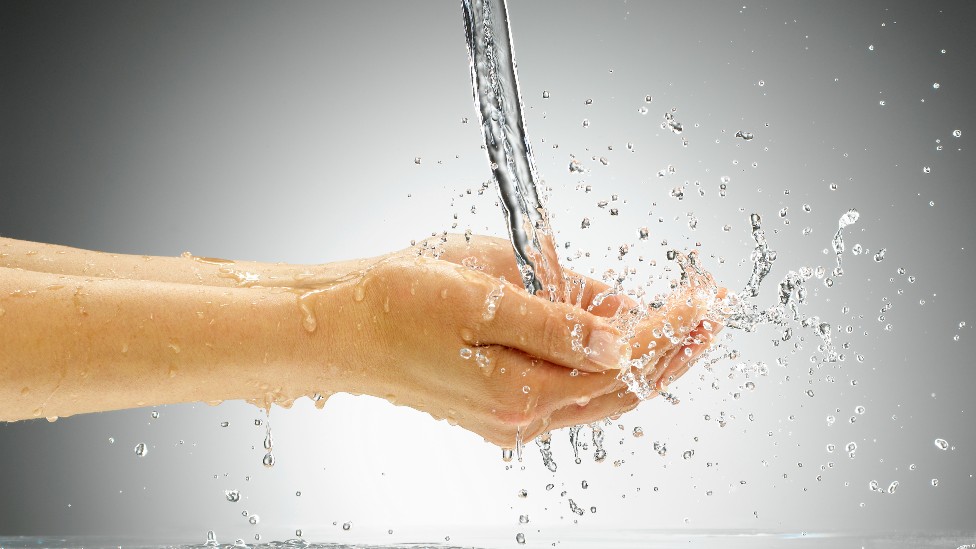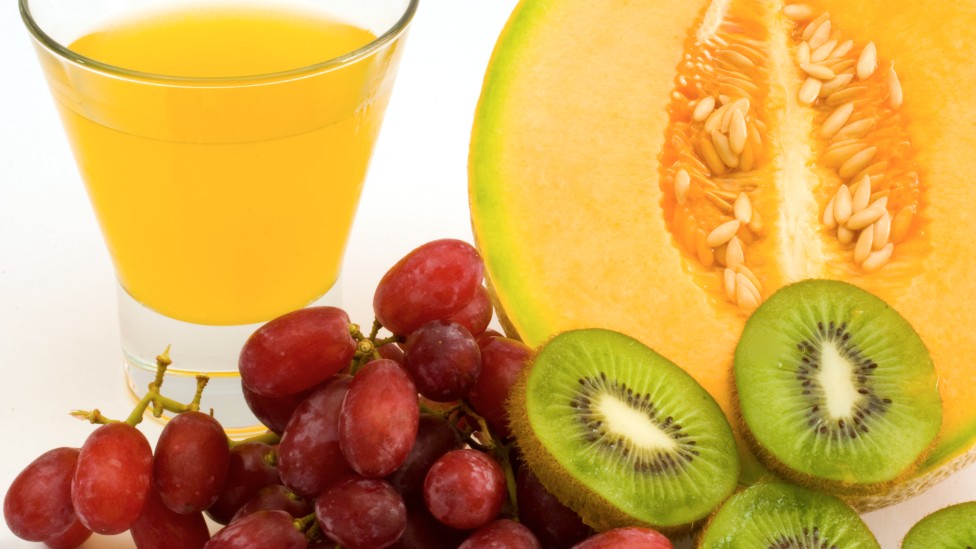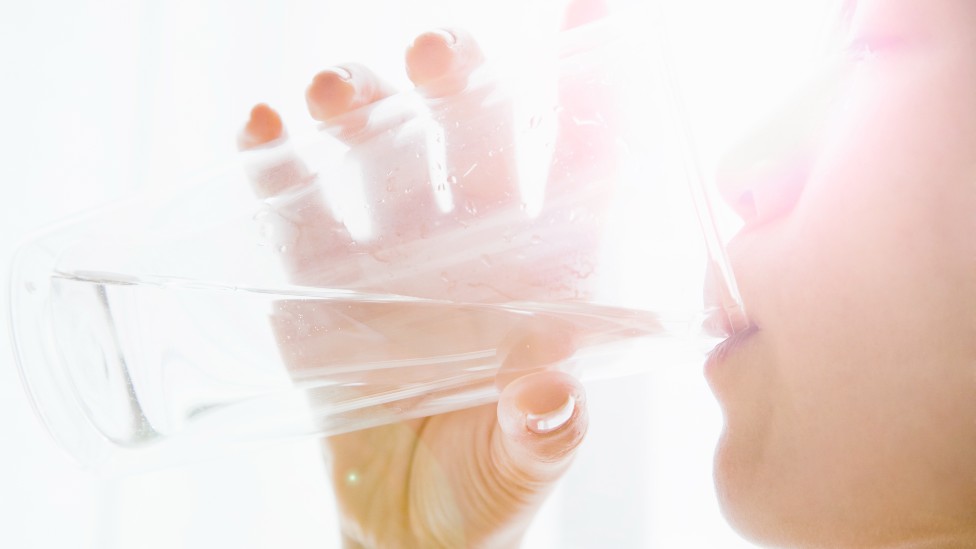Even though our lives depend on it, water is the forgotten nutrient in scientific research.
Evidence to determine water intake recommendations about its effects on health is scarce. Some dietary guidelines do not even mention it.
The problem is that there is a lack of long-term studies with a large number of participants.
Only in this way can we determine how small degrees of dehydration affect us, which are the ones that occur in the daily life of healthy people.
In this article, we aim to provide an overview to understand why it is so important to maintain good hydration and how to do it.
In constant balance
Maintaining water balance in our bodies is essential for our survival.
For this reason, we have a very fine system that maintains its levels within a narrow range, despite the great variability in water intake.
When we drink too little water, two mechanisms are activated. One of them is intended to reduce water loss through urine. The other is the mechanism that triggers thirst.
For these reasons, under physiological conditions, fluid accumulation cannot be the main reason for excess body weight (overweight or obesity).
If we suspect that we are retaining fluids, we should go to the doctor.
On the other hand, it is very difficult to drink so much water that it has negative effects.
This is mainly because the kidney has a high capacity to eliminate excess urine (0.7-1 liter/hour).
Dehydrated people get sicker.
Scientific studies point to a direct association between the degree of hydration and certain diseases. Specifically, dehydration has been associated with urological, gastrointestinal, circulatory, and neurological disorders.
However, in many cases, the evidence is too scarce or inconsistent to draw clear conclusions.
Observational studies link a habitually low water consumption with a higher risk of cardiovascular problems in the future.
Similarly, low fluid intake is also a risk factor for kidney stone formation.

Added to this is the fact that a large study was conducted in 2016 with a representative sample of the US population.
The results showed a higher rate of obesity in people who were not well-hydrated. In addition, the body mass index was also higher.
On the other hand, studies of various kinds point to a direct interaction between poor water intake and metabolic problems.
Furthermore, loss of body water during exercise appears to negatively affect physical performance.
The brain is not unscathed when we drink too little fluids either. A review published in 2015 found that, across 21 studies analyzed, dehydration was associated with people being less alert and more fatigued.
Regarding cognitive ability, studies with a larger number of people are needed to obtain convincing evidence.
How to maintain good hydration
Studies in Spain and several Latin American countries show that, in general, the population does not reach the recommended water intake. Therefore, greater awareness is needed about the need to drink more water.
The best way is to drink when we are thirsty.
It seems obvious, but many people don’t feel thirsty, don’t pay attention to it, or may not even recognize it.
That is why it is essential to acquire a good hydration habit from a young age and to insist on it with older people.

Various institutions recommend that we drink 2-3 liters of water a day. This amount should increase in summer or if we exercise.
You have to drink water, there is no other alternative. It is preferable to do so in small quantities throughout the day. This is the best way to promote water absorption.
Other important sources of this nutrient are foods such as vegetables, greens, and fruits because more than 80% are water.
Sugary drinks are not an option due to their high content of free sugars. These are related to poor diet quality, obesity, and risk of contracting non-communicable diseases.
Sweetened beverages are also not recommended. The World Health Organization (WHO) and the Pan American Health Organization (PAHO) agree that products with sweeteners are not healthy. They consider that “the regular consumption of sweet-tasting foods (with or without sugar) promotes the intake of sweet foods and beverages, even those containing sugar.”
In conclusion
There is indeed a clear lack of studies that lead to a clear determination of water consumption recommendations. It must be admitted that this generates doubts and the obvious temptation to search on the Internet.
But if experts acknowledge that evidence is lacking, can we trust the claims or controversies fomented by bottling companies, influencers, and opinion-mongers of all kinds?

These humble authors declare themselves incompetent to challenge institutions that, with more or less evidence, provide their critical and well-founded opinions.
So let’s make water our most faithful companion this summer. Let’s raise our elbows with the conviction that, although it may not seem like a delicacy to our palate, without water, there is no life.





















+ There are no comments
Add yours